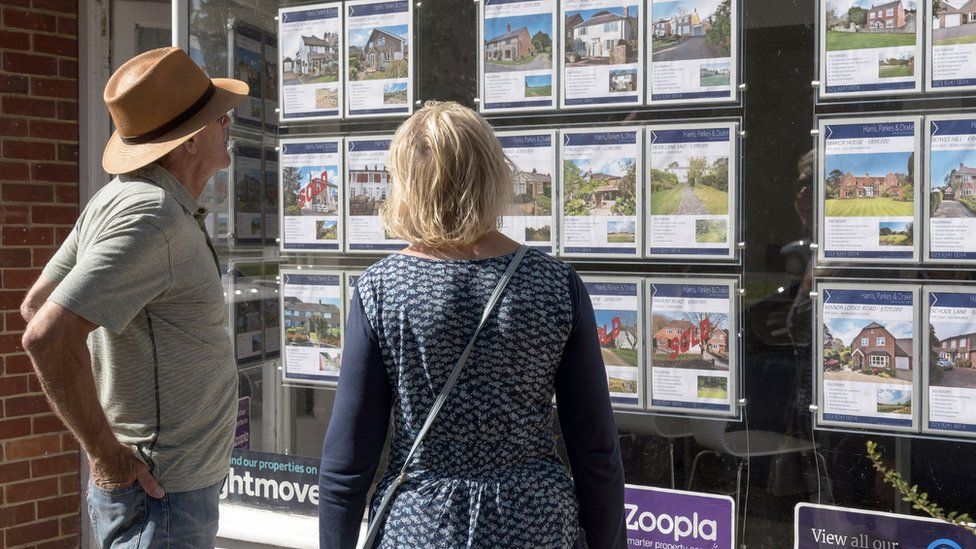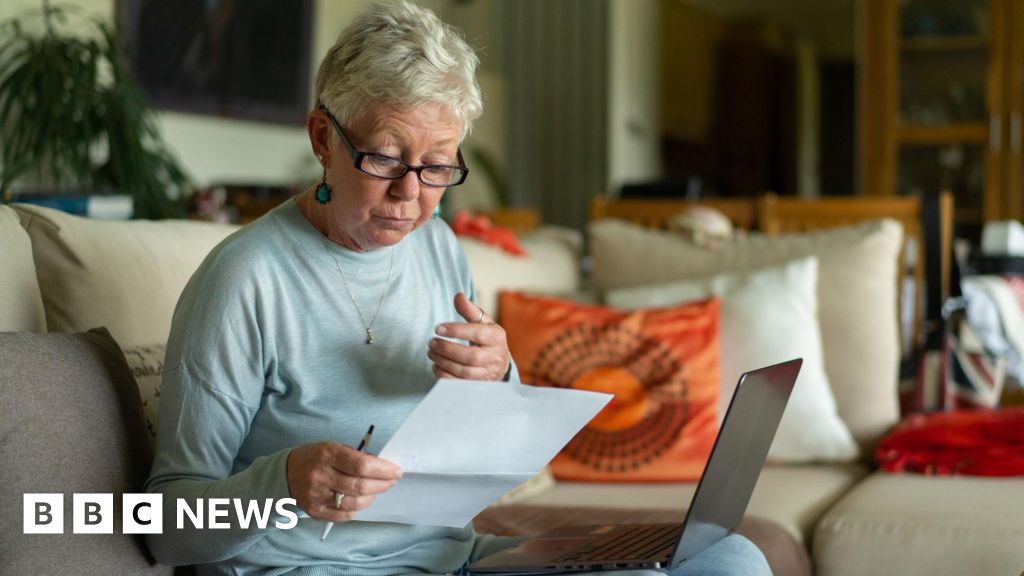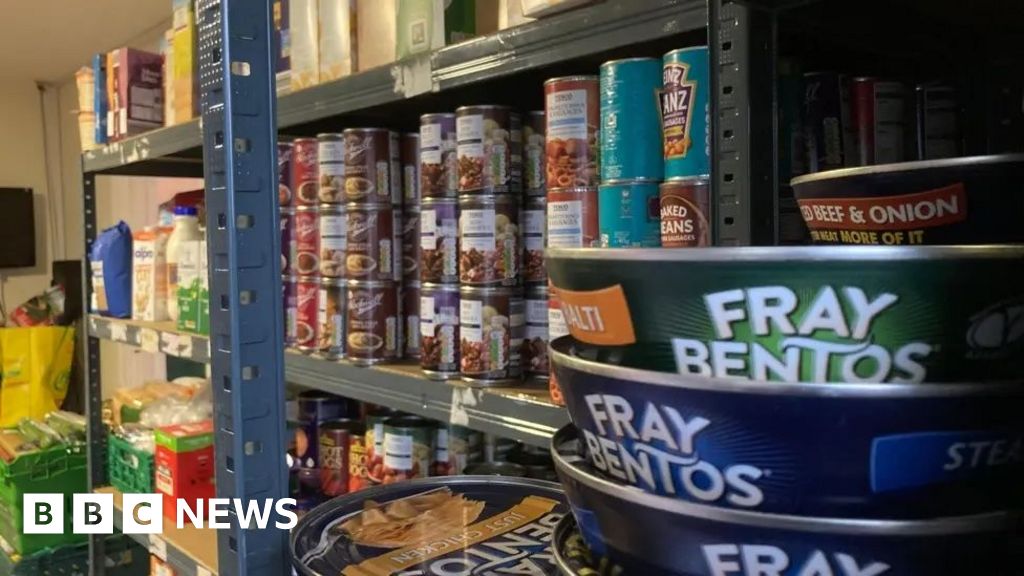ARTICLE AD BOX
 Image source, Getty Images
Image source, Getty Images
Major banks are to meet the chancellor on Thursday, with the impact of the recent financial market turmoil on the mortgage market set to be discussed.
The meeting is understood to be part of a regular series of talks but has attracted greater attention as mortgage rates soar and choice is limited.
This week the rate on a typical two-year fixed rate mortgage breached 6% for the first time in 14 years.
Bosses from Barclays, NatWest and Lloyds are expected to attend.
Mortgage rates have been going up for months, but recorded a sharp increase in response to the fall-out from the mini-budget nearly two weeks ago.
On Thursday, the average two-year fixed rate mortgage had an interest rate of 6.11%, according to financial information service Moneyfacts.
A typical five-year fixed rate deal has now also moved above 6% for the first time since February 2010.
First-time buyers and those looking to re-mortgage are affected. An average of at least 100,000 people a month are coming to the end of their current mortgage, and face a significant rise in their monthly repayments.
Research from housing market website BuiltPlace suggests that rates of 6% mean that repayments on an average new mortgage will account for more than a quarter of household income. That is the highest burden on households since the recession of the early 1990s.
Uncertainty over future interest rates after the mini-budget led lenders to pull more than a thousand deals from the market.
They are slowly starting to return - there were 3,961 products a fortnight ago, now there are 2,430 - but have become more expensive on average.
Earlier this week, the UK's biggest mortgage lender, the Halifax, which is part of Lloyds Banking Group, raised its rates on a range of deals for new borrowers to well over 5%.
Mortgage brokers say lenders are "playing safe" with rates amid current economic uncertainty, but costs could eventually start to dip.

 2 years ago
49
2 years ago
49








 English (US) ·
English (US) ·